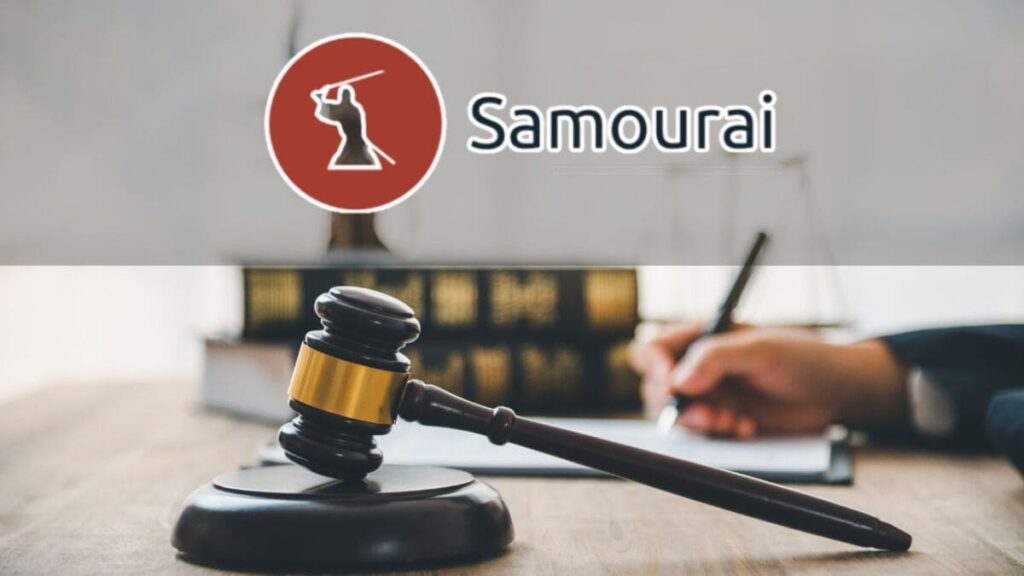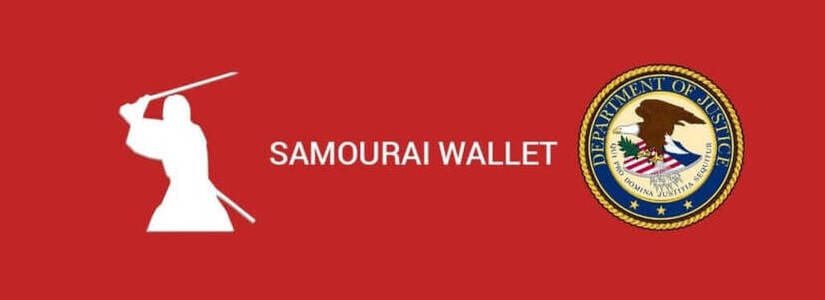TL;DR
- Samourai Wallet’s lawyers accused prosecutors of hiding crucial information from the company’s case for over a year.
- FinCEN stated that, since the company did not control users’ private keys, Samourai Wallet should not be classified as a money transmitter.
- The defense requested a hearing to clarify the omission and seek the dismissal of the charges.
Samourai Wallet’s founders’ lawyers recently denounced that federal prosecutors withheld crucial information for more than a year in the case against the company.
According to a letter sent on May 5 to a Manhattan court, the legal representatives of Keonne Rodriguez and William Hill claimed that the Department of the Treasury, through FinCEN, had informed prosecutors that Samourai Wallet likely did not require a license as a money services business. However, this information remained undisclosed until April 2025, long after the charges had been filed.
A Malicious Omission?
Authorities charged the executives in February 2024 for allegedly operating an unlicensed money transmission platform and conspiring to launder funds. Samourai Wallet ran a service known as a ‘cryptocurrency mixer‘ designed to make transaction tracing difficult — a practice the government linked to over $2 billion in illicit transactions and $100 million in money laundering tied to illegal markets and scams. Both executives pleaded not guilty.
The document presented by the defense reveals that FinCEN considered that, since Samourai Wallet did not hold custody of cryptocurrencies or control users’ private keys, it should not be classified as a money services business. Furthermore, although prosecutors tried to argue that the company exercised functional control over the funds, FinCEN admitted this issue was not clearly addressed under current regulations and would be difficult to defend in court.

Samourai’s Founders Will Request Charges Be Dismissed
The lawyers requested a hearing to clarify why this information had been concealed for so long and what legal consequences the omission should carry. They also announced their intention to insist that the charges be dismissed, as their clients acted under the belief that they were complying with the law.
The situation has grown even more complicated following the Department of Justice’s decision to limit criminal actions against cryptocurrency mixers that do not intentionally violate regulatory rules. This new stance could directly influence the future of the case, which remains under review while both parties consider whether to drop it or move forward with judicial proceedings.











